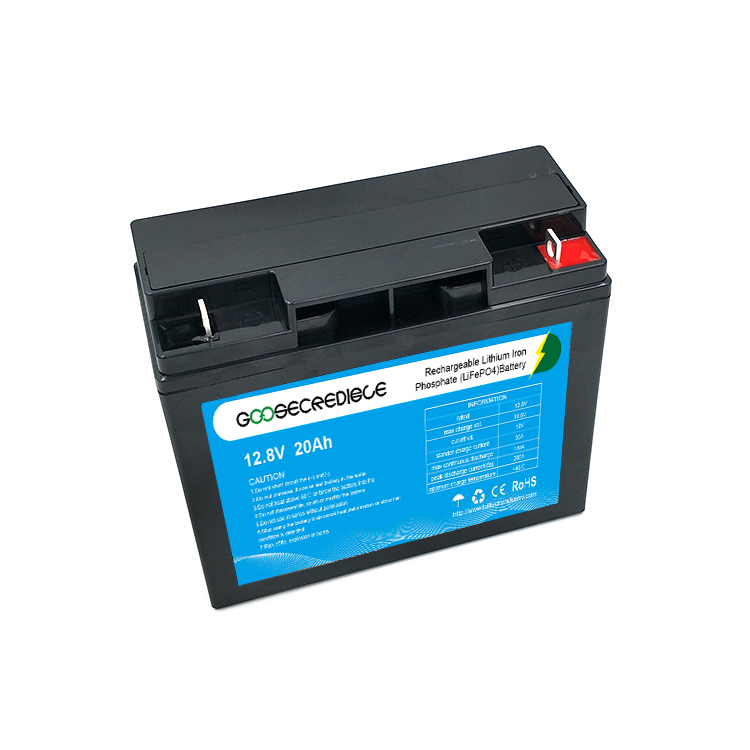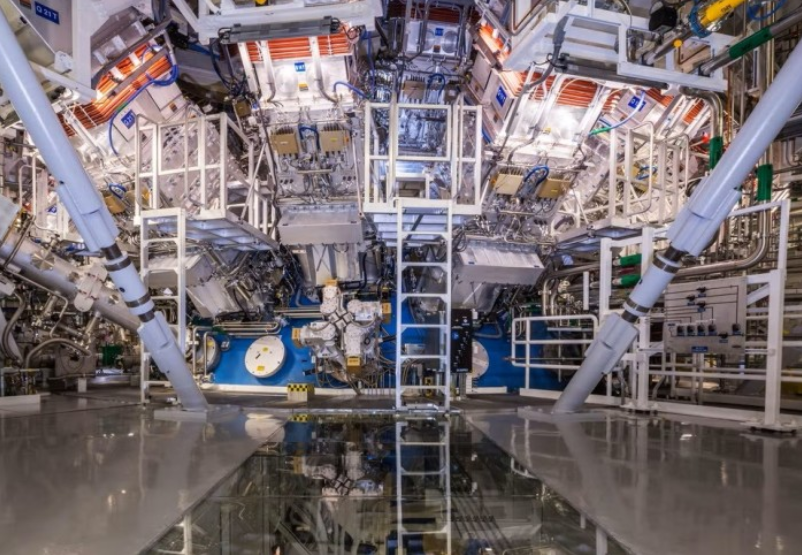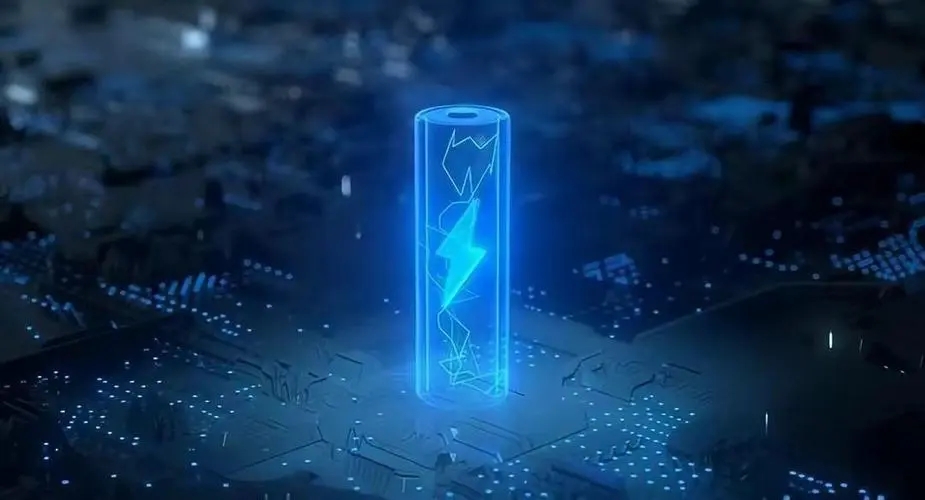Technical Composition and Advantages of Lithium-ion Batteries in Electric Vehicles
Today, as the electric vehicle industry is booming, lithium-ion automotive batteries play an important role as the core power source. This article will provide an in-depth analysis of the technical composition, performance characteristics, and current market conditions of lithium-ion automotive batteries, but will not cover specific application areas, innovative technologies, and future prospects.

Technical Composition
Lithium-ion automotive batteries are mainly composed of cells, modules, battery packs and battery management systems (BMS). As the basic unit of the battery, the cell consists of a positive electrode, a negative electrode and a non-aqueous liquid electrolyte. The positive electrode materials mainly include lithium iron phosphate (LFP), lithium nickel cobalt manganese oxide (NCM) and its derivatives such as lithium nickel cobalt aluminum oxide (NCA), etc. Each material has its own advantages and disadvantages in terms of safety, energy density and cost. The negative electrode is usually made of graphite material, which forms an irreversible SEI film during the first charge and discharge, resulting in partial capacity loss.
Performance Characteristics
Lithium-ion batteries have been widely used in electric vehicles because of their unique performance advantages. First, lithium-ion batteries have a high energy density and can store a large amount of electrical energy in a relatively small volume and weight, which is critical to improving the range of electric vehicles. Second, lithium-ion batteries have a long cycle life and can withstand multiple charge/discharge cycles without significant attenuation, which helps reduce the long-term cost of ownership of electric vehicles. In addition, lithium-ion batteries also have the advantages of low self-discharge rate, no memory effect and no pollution, making them an ideal choice for electric vehicle power batteries.

In summary, as the core power source of electric vehicles, lithium-ion automotive batteries have unique advantages in terms of technical composition, performance characteristics and market conditions. However, in the face of cost and safety challenges, it is still necessary to further increase R&D investment and technological innovation to promote the continuous advancement and widespread application of lithium-ion automotive battery technology.
-
 Introduction: Lithium iron phosphate starter battery is a high-performance and reliable power source that is designed to provide quick and efficient starting power to various vehicles and equipment. This type of battery is known for its long life, high energy density, and exceptional safety features, making it ideal for use in various applications. Features of Lithium Iron Phosphate...Read more
Introduction: Lithium iron phosphate starter battery is a high-performance and reliable power source that is designed to provide quick and efficient starting power to various vehicles and equipment. This type of battery is known for its long life, high energy density, and exceptional safety features, making it ideal for use in various applications. Features of Lithium Iron Phosphate...Read more -
 Introduction: Iechnology has become an integral part of our lives. As a result, the demand for efficient and reliable batteries has surged. One such breakthrough in the field of energy storage is the 100Ah LiFePO4 lithium battery. This article explores the features, benefits, and applications of this powerful battery. 1. Features of the 100Ah LiFePO4 Lithium Battery: The 100Ah...Read more
Introduction: Iechnology has become an integral part of our lives. As a result, the demand for efficient and reliable batteries has surged. One such breakthrough in the field of energy storage is the 100Ah LiFePO4 lithium battery. This article explores the features, benefits, and applications of this powerful battery. 1. Features of the 100Ah LiFePO4 Lithium Battery: The 100Ah...Read more -
 As global attention to environmental protection and energy efficiency continues to deepen, the automotive industry is facing unprecedented challenges and opportunities. Against this background, large-capacity vehicle start-stop battery technology emerged as the times require, becoming a key technology for improving vehicle performance and achieving the dual goals of energy conservation and emission reduction. Start-stop technology, as an advanced energy-saving method,...Read more
As global attention to environmental protection and energy efficiency continues to deepen, the automotive industry is facing unprecedented challenges and opportunities. Against this background, large-capacity vehicle start-stop battery technology emerged as the times require, becoming a key technology for improving vehicle performance and achieving the dual goals of energy conservation and emission reduction. Start-stop technology, as an advanced energy-saving method,...Read more -
 Off-roading has always been a thrilling activity for adventure enthusiasts. The adrenaline rush and the feeling of conquering tough terrains is unmatched. However, the traditional dirt bikes have always been associated with noise, pollution, and maintenance issues. But now, with the introduction of electric dirt bikes powered by lithium batteries, off-roading is set to undergo a massive transformation. Lithium...Read more
Off-roading has always been a thrilling activity for adventure enthusiasts. The adrenaline rush and the feeling of conquering tough terrains is unmatched. However, the traditional dirt bikes have always been associated with noise, pollution, and maintenance issues. But now, with the introduction of electric dirt bikes powered by lithium batteries, off-roading is set to undergo a massive transformation. Lithium...Read more -
 The cost of Lithium Iron Phosphate (LiFePO4) batteries is an important topic for anyone interested in this technology. As with most cleantech solutions, the price at which these batteries are available is a crucial factor in determining the market size and the feasibility of using the technology for various applications. This article discusses the average prices of LiFePO4 batteries and...Read more
The cost of Lithium Iron Phosphate (LiFePO4) batteries is an important topic for anyone interested in this technology. As with most cleantech solutions, the price at which these batteries are available is a crucial factor in determining the market size and the feasibility of using the technology for various applications. This article discusses the average prices of LiFePO4 batteries and...Read more -
 In the wave of energy technology, lithium batteries, with their high energy density, long cycle life and environmental protection characteristics, have become an important support for the development of modern science and technology. The production of lithium batteries is not only an in-depth dialogue between precision technology and material science, but also a vivid interpretation of the concept of green,...Read more
In the wave of energy technology, lithium batteries, with their high energy density, long cycle life and environmental protection characteristics, have become an important support for the development of modern science and technology. The production of lithium batteries is not only an in-depth dialogue between precision technology and material science, but also a vivid interpretation of the concept of green,...Read more -
 As an important branch of lithium-ion battery, lithium iron phosphate battery has occupied a place in the new energy field with its unique safety and stability. However, with the rapid development of new energy technologies and the intensification of market competition, we can't help but ask: Is lithium iron phosphate battery really a reliable choice in the new energy field?...Read more
As an important branch of lithium-ion battery, lithium iron phosphate battery has occupied a place in the new energy field with its unique safety and stability. However, with the rapid development of new energy technologies and the intensification of market competition, we can't help but ask: Is lithium iron phosphate battery really a reliable choice in the new energy field?...Read more

